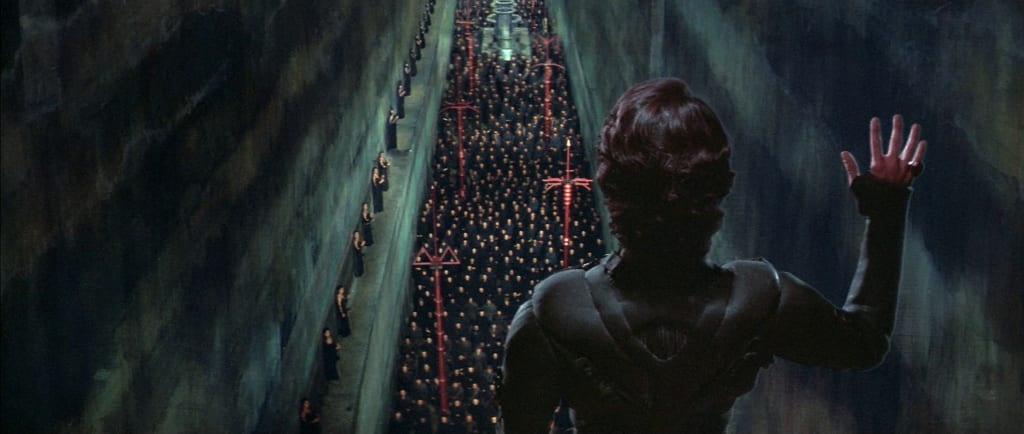
Once you’ve watched a few fan edits (also known as fan cuts) of commercially released feature films, you come to appreciate the extraordinary power of editing to change a movie. I found that particularly true with David Lynch'sDune.
Lynch’s infamous big-budget science fiction feature is adapted from Frank Herbert's much revered novel, a complex tale of feudal politics, mystic religion and a desert planet of giant sandworms that's home to an all-powerful psychedelic spice called melange. Despite its peerless literary source, Lynch fans typically dismiss it as his worst film. Likewise, there is a pretty strong consensus among Frank Herbert fans that his classic novel deserved better.
Much has been made of the film's jumpy and confusing narrative, arguably the main reason for its critical and box office failure. Stories from behind the scenes suggest that editing decisions - driven by post-production arguments between Lynch and producer Dino de Laurentiis - were largely to blame for this incoherence. As editor Antony Gibbs explained in the 2003 doco Impressions Of Dune: “David wanted a 3 hour movie and Dino wanted a 2 hour movie and Dino won….it broke David’s heart to have to cut it down to that length.” Lynch had little choice but to comply; his contract didn't give him final cut, a creative compromise the director never made again.
And so we come to Dune: The Alternative Edition Redux, assembled and rebuilt by a fan to a professional standard. Reviews at the Internet Fanedit Database paint a far more coherent and involving film than either the Theatrical Cut or the chaotic Extended Edition. Redux succeeds despite some of the film's more indelible problems - stiff acting, cheesy bad guys and a general sense that everyone is taking themselves a little too seriously.
Spicediver (he says he prefers to stay anonymous) obviously knows the film and its backstory intimately. He spent years on his fan editing project, releasing two earlier versions before finishing his Redux cut in 2012.
We talked about the journey and all things Dune.
Q. When did you first get the idea recut the film?
A. I was actually thinking about it for years before the tools were around to make it possible. I remember around 1990 I bought this VHS tape of the Extended Edition. It was dubbed from a rare Japanese laserdisc release. A got that from a collector, it wasn’t available any other way. It had all this extra footage in it and I was fascinated.
So I had these two versions of Dune on tape and I tried to make a video composite that added all the good stuff from the Extended Edition. But I never got past first base because of the Macrovision copy protection on VHS machines. It colors and distorts the picture. So that was the end of that little adventure. But I never stopped thinking about doing it.
Q. So why Dune? Why was it worth all this effort?
A. I guess I've got this thing for ambitious films with bad production histories. Dune is a really interesting creative piece that suffered at the hands of executives and money men. I'm attracted to films like that. It's a challenge to try and realise their potential.
The first time I saw it I was hypnotised, even though I couldn't really follow the story. I've always loved the epic feel of it, that dark film noir kind of atmosphere. I think the art direction and production design are incredible, it's an extraordinary work of art. Visually there’s nothing like it in sci-fi cinema. I can't believe it wasn't nominated for Oscars in all the craft categories. It only got one, that was for Best Sound.
Q. It looks great but the cinema version is hard to follow, isn't it? It keeps jumping ahead and it's hard to get to know the characters.
A. Absolutely, the storytelling is the biggest problem. I mean it’s incomprehensible to a lot of people. It was cut so heavily by the producers it’s no wonder the narrative's a mess. It's interesting to go back and look at the original Dune trailer. Even the marketing department didn't know what it was about. Apparently the warning signs were clear after test screenings but they kept it cutting it down.
The story goes that Universal made Dino de Laurentiis deliver a movie that was no longer than 130 minutes or whatever. But there's no version of Lynch's script that could survive being cut to that length. Dune isn't a story anyone could tell in two hours. The people who made the Extended Edition couldn't even tell it in three hours, but that's because it was a terrible piece of hackery. It was done by Universal's TV division. They had no idea what they were doing. Lynch took his name off the credits and I don't blame him.
Q. So we agree that too much was cut in the cinema version. I noticed you've put a lot of stuff back but you haven't used all the footage that's around. Why was that?
A. Well I never set out to make the longest cut of Dune. I set out to tell a better story. To me, story is king. Most of my editing decisions were about improving the narrative. So it wasn’t just about adding stuff. Like there's some action scenes I recut and trimmed so they made more sense and had more tension. I also removed or fixed up some bad effects shots.
Another thing I removed was some of the characters' internal dialogue that's constantly spoken on the soundtrack. It’s a literary device from the novel, and I get that. But with the benefit of hindsight it shouldn’t have been adapted so literally to the screen. There's way too much of it, it just gets infuriating. So I removed about 60% of it. I think that change makes some scenes more intimate because the actors and camera are left to do their work. You’re pulled into the drama of the scene, rather than hearing the character’s thoughts spelling all this stuff out for you.
Q. Speaking of the novel, I see you divided the structure of film into a series of books. How important was it to respect the novel?
A. It was definitely important. But changes like that had to work in their own right, not just because something happened in the book. Like when I removed the scene of Paul making it rain at the end. In the book it can't rain on Arrakis because it would kill the sandworms. I mean, what was Lynch thinking? Maybe it was Dino's idea. I know Frank Herbert was really unhappy about that scene. It appears in one of the late drafts of the script, it wasn't always there. But I only removed it when I knew I could make the change work cinematically. So the end of the movie still hits a kind of emotional crescendo.
Q. Just briefly, can you take us through how you did some of the technical stuff, like making the eyes blue in the scenes where it was missing?
A. Sure. I did the blue eyes in Adobe After Effects. I had to do it frame by frame because the actors were usually moving in some way. That took me absolutely ages. There were lots of late nights. There was also some dirty low resolution footage I used - you know the deleted scenes that first got released about ten years ago? I used some of those and cleaned them up in After Effects. What you see is still lower res than the rest of the film but there was nothing I could do about that. Those scenes are important to the story, so they're in there.
Q. In your notes about the project you thank a lot of people for helping you out. I assume you did a lot of your collaboration online?
A. Yep, I'm a member of couple of online communities that do fan editing. The collaboration there was really generous. The whole project was a life lesson for me. It really taught me the value of asking people for criticism rather than praise. You'd post clips and ask: does it work? Does it suck? How can make it better? I got loads of good technical advice, too. One guy even did Spanish subtitles for me based on the custom English subs I wrote.
Early on, I didn't ask for other people's opinions. That was my stupid fanboy ego. I think that's why the first two versions I released got a mixed reception. I was deaf to most of the criticism. After taking a year off from the project I basically woke up one day and said: I'm going to do this properly. Dune Redux is radically different from the earlier versions. I'm really happy with how it turned out. There's no way I could have done it on my own. No way.
Q. Is David Lynch aware of it?
A. I've no idea. I've never read or heard anything.
Q. Would he approve, you think?
A. Who knows? I guess I'm curious, but I think he's probably past caring. Making that movie was hell, he never did another big budget movie. He got burned by all the interference and politics and the huge scale of the thing. There's an interview he did back in the 90's for Cinefantastique magazine. He said there's something wrong with the movie but he wasn't sure what it was, and he didn't know if he could go back and fix it. He's been invited to do a director's cut but he's always said no. Respect to the guy.
Q. Speaking about fan edits more generally, do filmmakers approve of all these amateurs doing edits of their movies? They could well argue you have no right to change their work.
A. You know, I've rarely heard film directors even talk about fan edits in public. I know there's a few like George Lucas who've said they're cool with it as long as fan editors don't try and make money out of it. Most of us release our work online in a low key way. We assume the protection of Fair Use provisions in copyright law. That means it's about education and discussion and not done for commercial purposes. Nearly everyone who watches a fan edit has seen the original. If we're not depriving the creators of income then I don't see a problem.
I got a big surprise a couple of years ago when another edit I did got screened at a big horror movie convention in the USA, it's an edit of William Peter Blatty'sExorcist III. Brad Dourif starred in that movie and said he liked my edit, so he personally introduced it at the screening. I was chuffed about that.
Q. What about fan edits done by others? Any that you rate highly?
A. Oh god yes, there's some brilliant stuff. And some of them are really experimental. There's one called Saga of The Apes which uses a split screen approach to intercut all of those old Planet Of The Apes movies together.
I think some of the Stars Wars and Star Trek edits are really well done. There's an edit of the first Star Trek film that transforms it from a snoozefest into this great cerebral sci-fi movie. There's a lot of them out there. I've only done three, there are some people who've done dozens. I think if you've got a passion for movies you'll find a fan edit you like, whatever genres you're into.
Visit the Dune Redux project page at the Internet Fanedit Database.
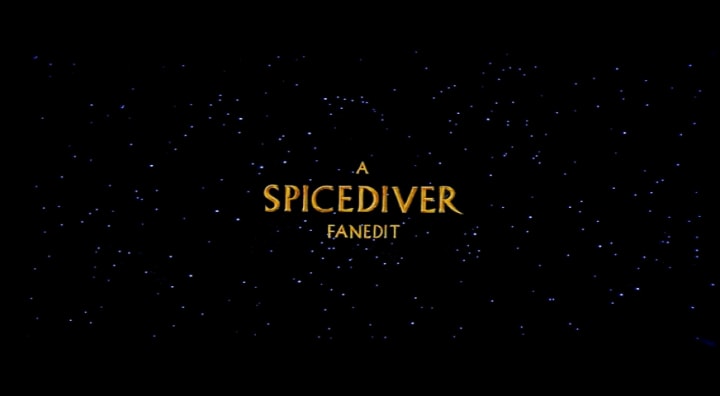
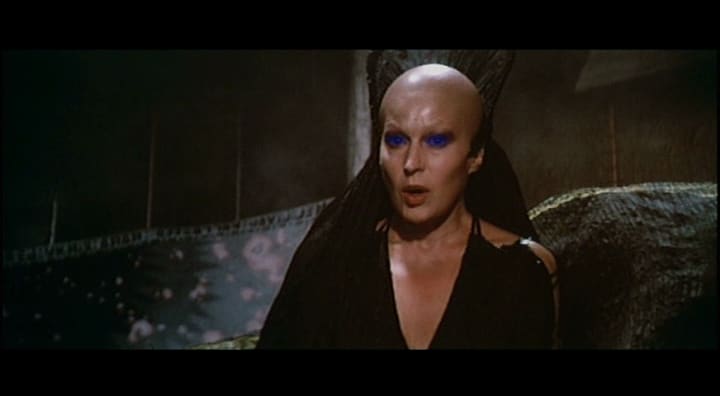
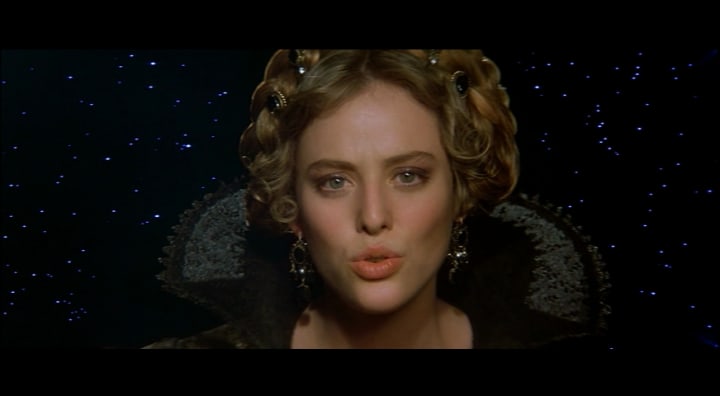
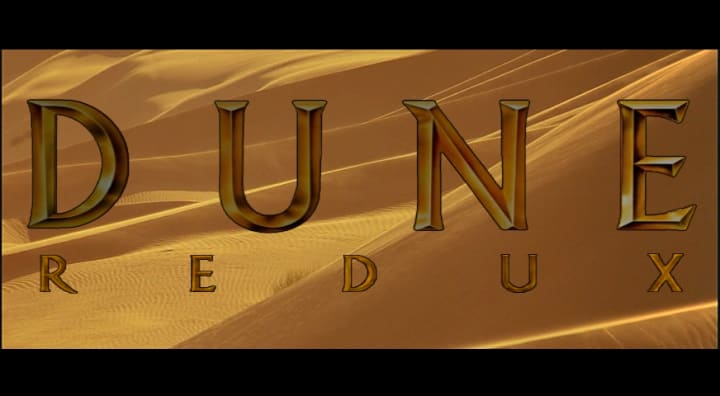

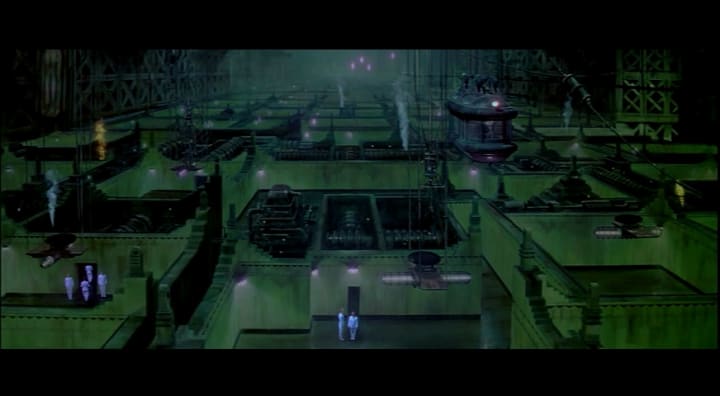
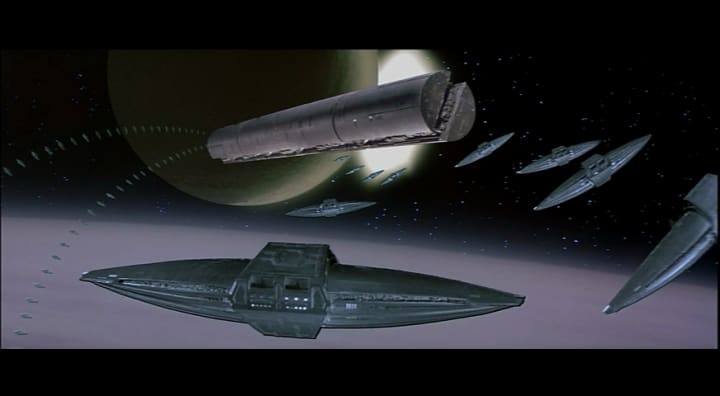
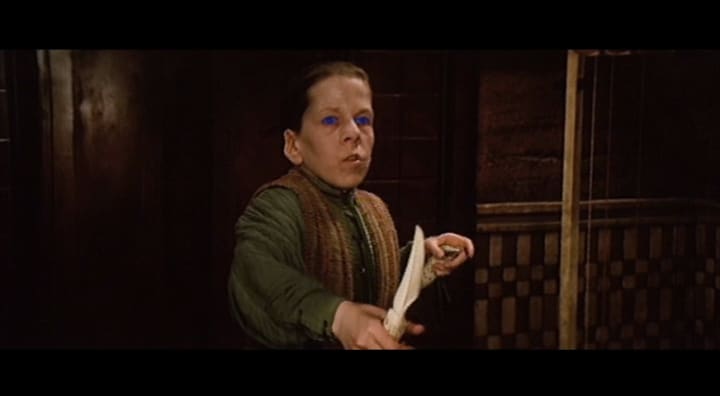
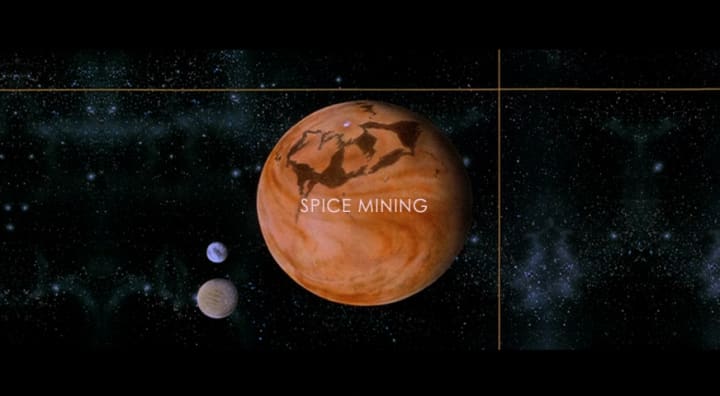
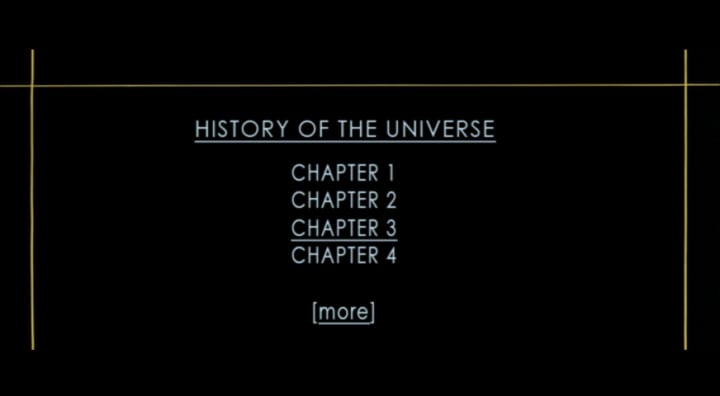
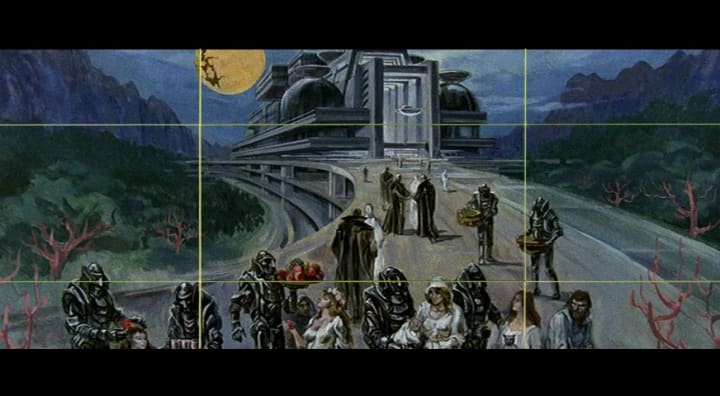
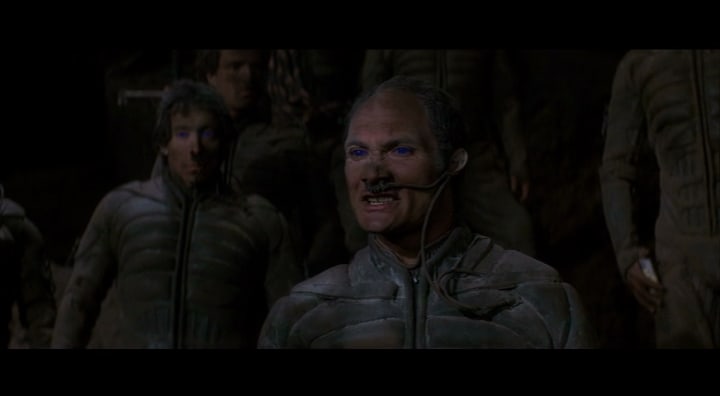
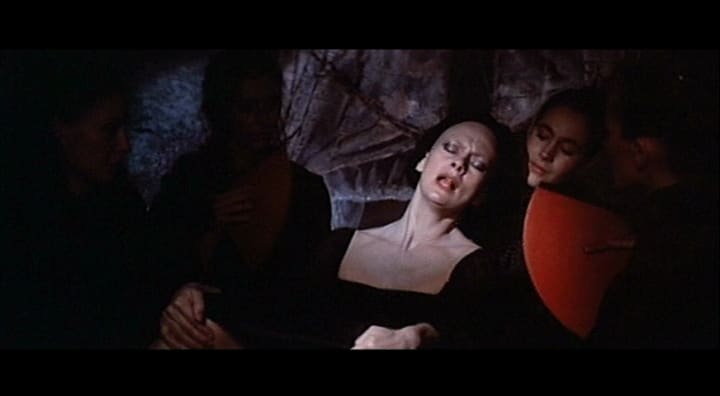
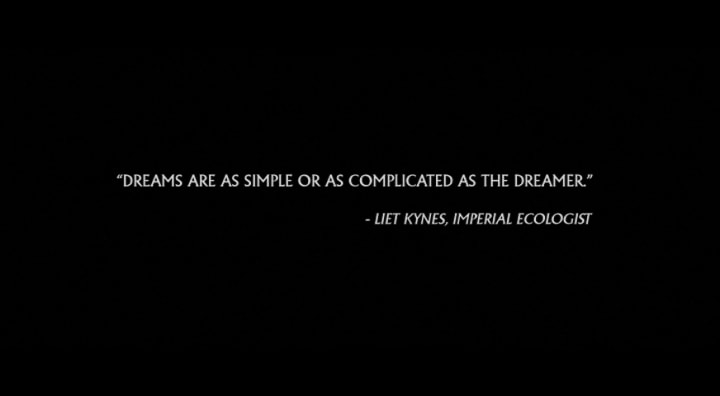
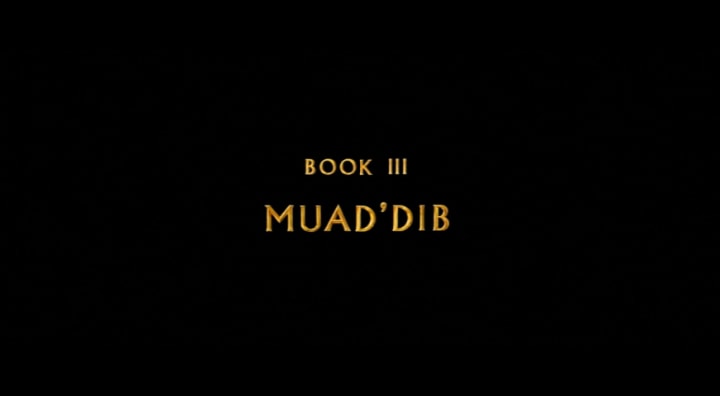
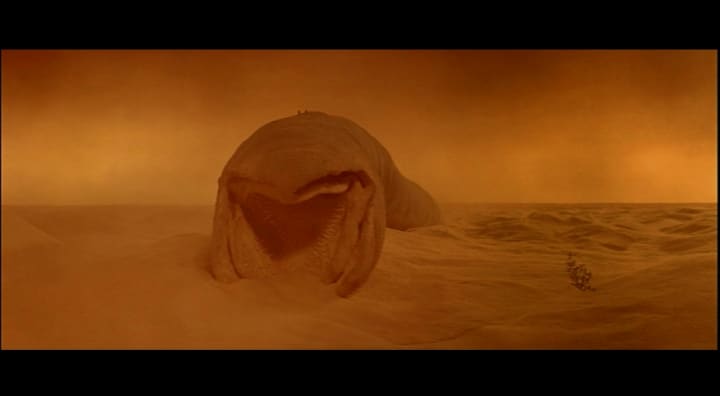

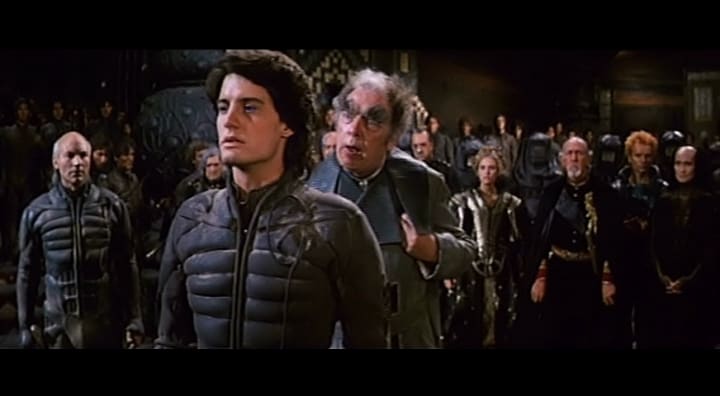
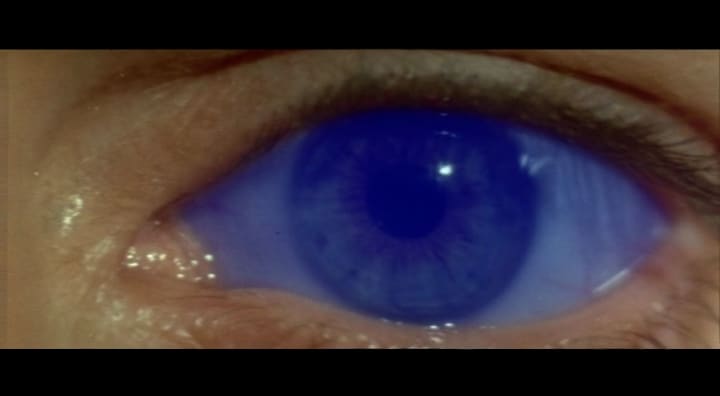
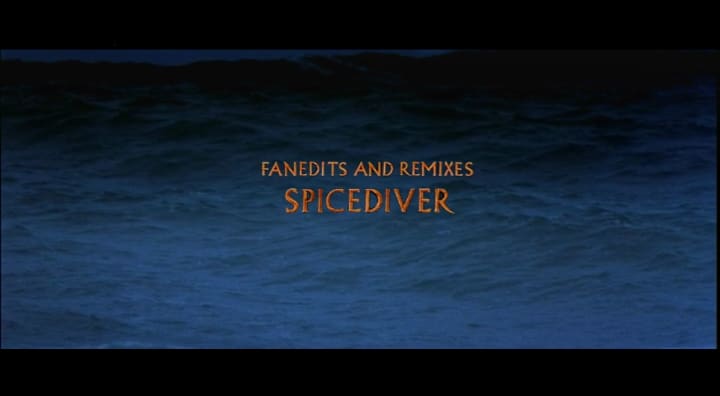
About the Creator
Mike G
An advocate for extraordinary music and movies and art and stuff. Founder of Ambient Music Guide. Known for having an opinion or two.


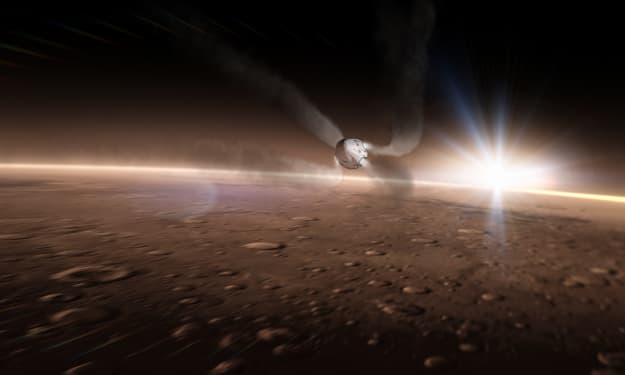



Comments
Mike G is not accepting comments at the moment
Want to show your support? Send them a one-off tip.